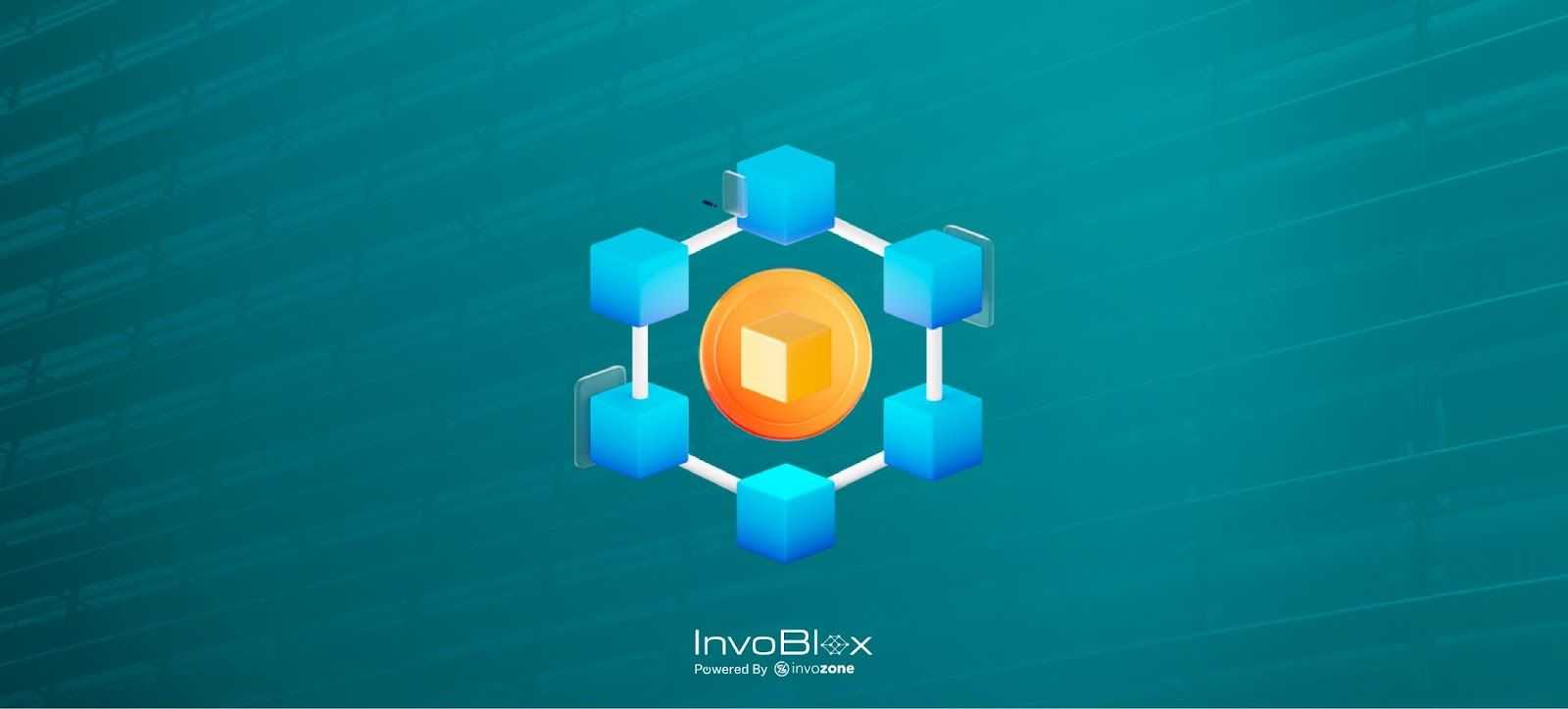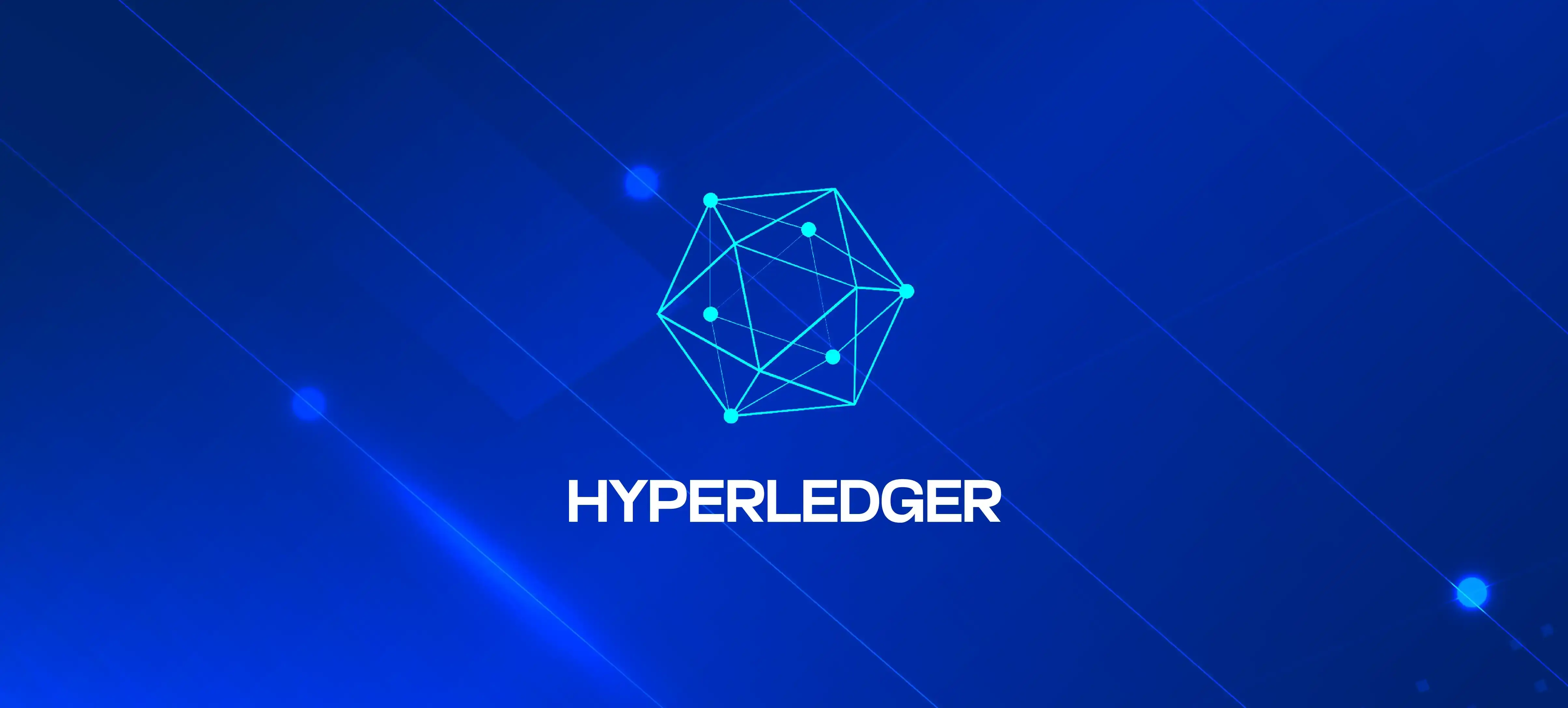
How DeFi Paves the Road to Financial Freedom
Table of Contents
Decentralized Finance, or more commonly known as DeFi, is a groundbreaking financial ecosystem, courtesy of blockchain technology. DeFi technology is poised to revolutionize the way we interact with our finances. In contrast to traditional finance (TradFi), where banks act as intermediaries, DeFi solutions rely on automated programs, distributing control across a network of stakeholders instead of a single concentrated institution.
This decentralization empowers individuals, providing them with more autonomy over their financial assets. DeFi opens doors for anyone with an internet connection, offering low fees and easy access to financial services like lending and borrowing. If you're new to DeFi, fear not! This beginner's guide will pave the way for your DeFi journey.
The DeFi Essentials
Before we dive into the practical aspects of DeFi technologies, it's essential to understand the core concepts:
1. Wallet Wonders
To embark on your DeFi journey, the first step is setting up the best DeFi Wallet. This wallet serves as your gateway to the DeFi world. While various wallet options exist, one popular choice is the Crypto.com DeFi Wallet, offering both custodial and non-custodial features.
A custodial wallet is user-friendly, requiring a username and password, but it means entrusting a third party with your assets. On the other hand, non-custodial wallets, like the DeFi Wallet, give you complete control over your assets, with a DeFi wallet recovery phrase to ensure security.
2. Wallet Fundings
With your DeFi Wallet ready, the next step is funding it. You can fund your wallet in two ways: by linking a credit/debit card and using the 'Buy' option within your DeFi Wallet, or by transferring assets from an external wallet, such as the Crypto.com App.
Be aware that if you connect your Crypto.com DeFi Wallet to your Crypto.com App for the first time, there's a 24-hour lock on withdrawals to enhance security. However, you can start purchasing crypto immediately after the connection.
3. Different Tokens
Tokens are the heart of DeFi, and your choice of tokens depends on your objectives. Some tokens have distinct features and benefits, often operating on multiple blockchains. The Crypto.com DeFi Wallet simplifies token acquisition and swapping with its 'Swap' feature.
This functionality allows you to switch between tokens across six blockchains, including Ethereum, Cronos, and Crypto.org Chain. Furthermore, you can transfer crypto assets across different blockchains using the Cronos Bridge feature.
4. Gas Fees
In the world of crypto, transaction fees, often called gas fees, are a vital consideration. These fees vary depending on the blockchain you're using and are paid in the native token of that network. For instance, transactions on the Ethereum network require ETH for gas fees. It's crucial to ensure you have enough of the required token to cover the fee, else you might get insufficient network fee DeFi wallet error. DeFi platform development supports various CRO assets on different chains, each with unique network fee requirements. You can learn more on how to add tokens to metamask crypto wallet
5. Staking, Lock-ups, Lending, Borrowing, Farming, and Mining
Now that your wallet is funded and you're well-versed in tokens and gas fees, it's time to explore DeFi investments. DeFi offers multiple avenues:
-
Lending and Borrowing: DeFi lending allows users to earn interest on assets they provide to a protocol, while borrowers can access funds by over-collateralizing their assets.
-
Staking & Lockups: Staking involves committing tokens to validate blocks in a Proof of Stake blockchain, while lockups involve providing liquidity in return for interest.
-
Yield Farming: Yield farming entails lending or staking assets to earn an annual percentage yield (APY). It can be an excellent way to increase your crypto holdings.
-
Liquidity Mining: Liquidity mining rewards users for lending their assets to decentralized exchanges, adding liquidity to the crypto ecosystem.
-
Liquidity Pools: These pools comprise token pairs, and by contributing, you become a liquidity provider. Users earn rewards in proportion to the liquidity they provide.
6. Exploring DeFi Projects
The DeFi world offers a multitude of exciting projects, often referred to as decentralized applications (dApps). These dApps, or top DeFi protocols, run on blockchain networks like Ethereum and Cronos. Depending on your goals, you can explore decentralized exchanges (DEXs), best DeFi platforms for lending, and yield farming projects.
Here are two beginner-friendly DeFi projects on the Cronos network:
-
Tectonic: The largest DeFi platform for lending and borrowing where users can participate with the native governance token TONIC.
-
VVS Finance: A user-friendly DEX DeFi platform crypto with the utility and governance token VVS.
These projects, accessible via the 'dApps browser' in your DeFi crypto wallets, are excellent starting points for beginners.
Applications of DeFi Beyond Finance
DeFi represents more than just a new financial system. It's a revolutionary approach to various industries, including art, gaming, and real estate.
-
Art and NFTs: Non-fungible tokens (NFTs) have taken the art world by storm. DeFi has enabled artists to tokenize their work, giving them more control and enabling them to earn ongoing royalties through the NFT marketplace.
-
Gaming: DeFi has infiltrated the gaming sector, with DeFi games offering assets that can be traded and sold in decentralized cloud and Web3 marketplaces.
-
Real Estate: Fractional ownership of real estate is becoming more accessible through DeFi. You can invest in real estate properties by purchasing tokens representing a share of the property.
-
DeFi Entertainment: Think torrents, not blockchain—a resilient, distributed model ensuring redundancy and eliminating single points of failure, picture a decentralized Netflix.
The future of DeFi is not limited to finance; it extends to reshape a multitude of industries, offering new opportunities and enhancing existing systems.
DeFi for Social Good
One of the most remarkable aspects of DeFi is its potential to drive financial inclusion and empower underserved populations. Traditional banking systems often exclude individuals who lack access to banking services. DeFi, with its decentralized nature, provides financial services to anyone with an internet connection. This means even individuals without a traditional bank account can access lending, borrowing, and investment opportunities.
DeFi has the potential to improve financial systems in regions with limited access to banking infrastructure, providing a lifeline to communities previously excluded from financial services. In essence, DeFi is not just a financial revolution but a social one, as well, with the power to uplift individuals and communities worldwide.
A Word of Caution
Before embarking on your DeFi journey, it's essential to exercise caution and conduct thorough research. The world of DeFi is still relatively young and rapidly evolving, which can make it more susceptible to risks. It's crucial to stay informed about the projects you invest in, understand the Ethereum smart contracts, and be aware of the potential for unforeseen changes in the DeFi landscape.
DeFi is a new frontier in finance and beyond, offering exciting opportunities for investors, artists, gamers, and those seeking financial inclusion. As you embark on your DeFi journey, remember that education and vigilance are your best allies in navigating this innovative landscape.
We trust this guide has refined your understanding of DeFi and financial freedom. So, if you are craving more insights and expert advice? Explore our diverse range of DeFi blog posts or contact us. If you have questions or need a touch of DeFi wizardry, our experts are only a message away. Elevate your journey in the world of decentralized finance today!
Table of Contents
Decentralized Finance, or more commonly known as DeFi, is a groundbreaking financial ecosystem, courtesy of blockchain technology. DeFi technology is poised to revolutionize the way we interact with our finances. In contrast to traditional finance (TradFi), where banks act as intermediaries, DeFi solutions rely on automated programs, distributing control across a network of stakeholders instead of a single concentrated institution.
This decentralization empowers individuals, providing them with more autonomy over their financial assets. DeFi opens doors for anyone with an internet connection, offering low fees and easy access to financial services like lending and borrowing. If you're new to DeFi, fear not! This beginner's guide will pave the way for your DeFi journey.
The DeFi Essentials
Before we dive into the practical aspects of DeFi technologies, it's essential to understand the core concepts:
1. Wallet Wonders
To embark on your DeFi journey, the first step is setting up the best DeFi Wallet. This wallet serves as your gateway to the DeFi world. While various wallet options exist, one popular choice is the Crypto.com DeFi Wallet, offering both custodial and non-custodial features.
A custodial wallet is user-friendly, requiring a username and password, but it means entrusting a third party with your assets. On the other hand, non-custodial wallets, like the DeFi Wallet, give you complete control over your assets, with a DeFi wallet recovery phrase to ensure security.
2. Wallet Fundings
With your DeFi Wallet ready, the next step is funding it. You can fund your wallet in two ways: by linking a credit/debit card and using the 'Buy' option within your DeFi Wallet, or by transferring assets from an external wallet, such as the Crypto.com App.
Be aware that if you connect your Crypto.com DeFi Wallet to your Crypto.com App for the first time, there's a 24-hour lock on withdrawals to enhance security. However, you can start purchasing crypto immediately after the connection.
3. Different Tokens
Tokens are the heart of DeFi, and your choice of tokens depends on your objectives. Some tokens have distinct features and benefits, often operating on multiple blockchains. The Crypto.com DeFi Wallet simplifies token acquisition and swapping with its 'Swap' feature.
This functionality allows you to switch between tokens across six blockchains, including Ethereum, Cronos, and Crypto.org Chain. Furthermore, you can transfer crypto assets across different blockchains using the Cronos Bridge feature.
4. Gas Fees
In the world of crypto, transaction fees, often called gas fees, are a vital consideration. These fees vary depending on the blockchain you're using and are paid in the native token of that network. For instance, transactions on the Ethereum network require ETH for gas fees. It's crucial to ensure you have enough of the required token to cover the fee, else you might get insufficient network fee DeFi wallet error. DeFi platform development supports various CRO assets on different chains, each with unique network fee requirements. You can learn more on how to add tokens to metamask crypto wallet
5. Staking, Lock-ups, Lending, Borrowing, Farming, and Mining
Now that your wallet is funded and you're well-versed in tokens and gas fees, it's time to explore DeFi investments. DeFi offers multiple avenues:
-
Lending and Borrowing: DeFi lending allows users to earn interest on assets they provide to a protocol, while borrowers can access funds by over-collateralizing their assets.
-
Staking & Lockups: Staking involves committing tokens to validate blocks in a Proof of Stake blockchain, while lockups involve providing liquidity in return for interest.
-
Yield Farming: Yield farming entails lending or staking assets to earn an annual percentage yield (APY). It can be an excellent way to increase your crypto holdings.
-
Liquidity Mining: Liquidity mining rewards users for lending their assets to decentralized exchanges, adding liquidity to the crypto ecosystem.
-
Liquidity Pools: These pools comprise token pairs, and by contributing, you become a liquidity provider. Users earn rewards in proportion to the liquidity they provide.
6. Exploring DeFi Projects
The DeFi world offers a multitude of exciting projects, often referred to as decentralized applications (dApps). These dApps, or top DeFi protocols, run on blockchain networks like Ethereum and Cronos. Depending on your goals, you can explore decentralized exchanges (DEXs), best DeFi platforms for lending, and yield farming projects.
Here are two beginner-friendly DeFi projects on the Cronos network:
-
Tectonic: The largest DeFi platform for lending and borrowing where users can participate with the native governance token TONIC.
-
VVS Finance: A user-friendly DEX DeFi platform crypto with the utility and governance token VVS.
These projects, accessible via the 'dApps browser' in your DeFi crypto wallets, are excellent starting points for beginners.
Applications of DeFi Beyond Finance
DeFi represents more than just a new financial system. It's a revolutionary approach to various industries, including art, gaming, and real estate.
-
Art and NFTs: Non-fungible tokens (NFTs) have taken the art world by storm. DeFi has enabled artists to tokenize their work, giving them more control and enabling them to earn ongoing royalties through the NFT marketplace.
-
Gaming: DeFi has infiltrated the gaming sector, with DeFi games offering assets that can be traded and sold in decentralized cloud and Web3 marketplaces.
-
Real Estate: Fractional ownership of real estate is becoming more accessible through DeFi. You can invest in real estate properties by purchasing tokens representing a share of the property.
-
DeFi Entertainment: Think torrents, not blockchain—a resilient, distributed model ensuring redundancy and eliminating single points of failure, picture a decentralized Netflix.
The future of DeFi is not limited to finance; it extends to reshape a multitude of industries, offering new opportunities and enhancing existing systems.
DeFi for Social Good
One of the most remarkable aspects of DeFi is its potential to drive financial inclusion and empower underserved populations. Traditional banking systems often exclude individuals who lack access to banking services. DeFi, with its decentralized nature, provides financial services to anyone with an internet connection. This means even individuals without a traditional bank account can access lending, borrowing, and investment opportunities.
DeFi has the potential to improve financial systems in regions with limited access to banking infrastructure, providing a lifeline to communities previously excluded from financial services. In essence, DeFi is not just a financial revolution but a social one, as well, with the power to uplift individuals and communities worldwide.
A Word of Caution
Before embarking on your DeFi journey, it's essential to exercise caution and conduct thorough research. The world of DeFi is still relatively young and rapidly evolving, which can make it more susceptible to risks. It's crucial to stay informed about the projects you invest in, understand the Ethereum smart contracts, and be aware of the potential for unforeseen changes in the DeFi landscape.
DeFi is a new frontier in finance and beyond, offering exciting opportunities for investors, artists, gamers, and those seeking financial inclusion. As you embark on your DeFi journey, remember that education and vigilance are your best allies in navigating this innovative landscape.
We trust this guide has refined your understanding of DeFi and financial freedom. So, if you are craving more insights and expert advice? Explore our diverse range of DeFi blog posts or contact us. If you have questions or need a touch of DeFi wizardry, our experts are only a message away. Elevate your journey in the world of decentralized finance today!
FAQS
A DeFi wallet is a digital wallet based on blockchain’s decentralized nature. In this wallet, every user owns private keys. During the creation of the wallet, one must write its recovery phrase which is required if the user is unable to access assets and need to restore it.
A trust wallet is like an all rounder digital wallet, it is able to store a wide range of cryptocurrencies and DeFi tokens too. It gives you total control over the private keys and provides a secure and intuitive interface for managing your digital assets while allowing you to interact with DeFi protocols.
Investing in DeFi comes with its risks and rewards, like any other investment. However, the prime risks of investing in DeFi is its volatility and unstable regulations in the crypto world, leading to sudden and unpredictable changes in the core value of DeFi protocols and tokens.





